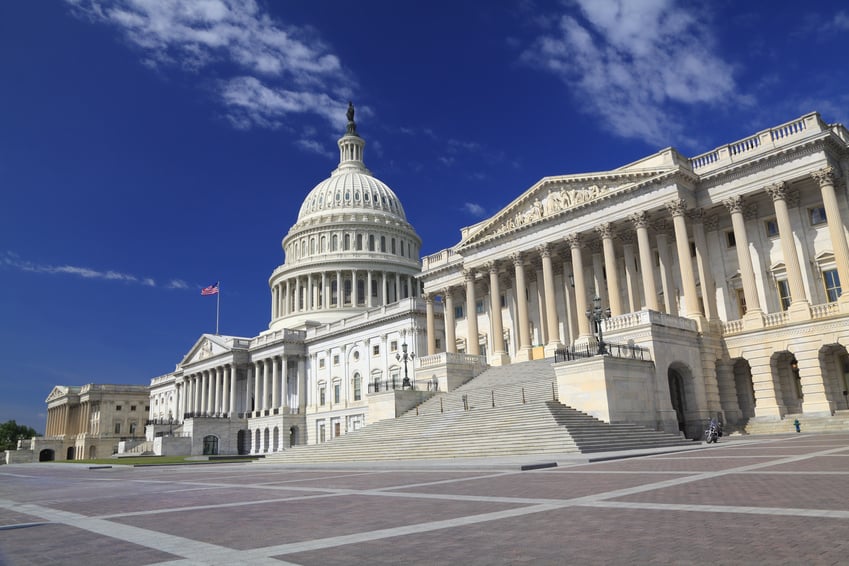The US Federal Trade Commission announced that, effective on August 1, 2016, the civil penalties for the following violations will be increased as follows:
- Section 7A(g)(1) of the Clayton Act, 15 U.S.C. 18a(g)(1)(premerger filing notification violations under the Hart-Scott- Rodino (HSR) Improvements Act)—Increase from $16,000 to $40,000;
- Section 11(l) of the Clayton Act, 15 U.S.C. 21(l) (violations of cease and desist orders issued under Clayton Act section 11 (b))—Increase from $8,500 to $21,250;
- Section 5(l) of the FTC Act, 15 U.S.C. 45(l) (violations of final Commission orders issued under section 5(b) of the FTC Act)—Increase from $16,000 to $40,000;
- Section 5(m)(1)(A) and (B) of the FTC Act, 15 U.S.C. 45(m)(1)(A)and (B) (unfair or deceptive acts or practices)—Increase from $16,000 to $40,000;
- Section 10 of the FTC Act, 15 U.S.C. 50 (failure to file required reports)—Increase from $210 to $525;
These revisions are mandated by the Federal Civil Penalties Inflation Adjustment Act Improvements Act of 2015 and are applicable to the penalties of other provisions including the Webb-Pomerene Act, the Wool Products Labeling Act, the Fur Products Labeling Act, the Energy Policy and Conservation Act, the Fair Credit Reporting Act, the Medicare Prescription Drug Improvement Act, and the Energy Independence and Security Act.
Note that the penalties are for each infraction. Therefore, for example, the fine for not reporting an HSR reportable merger will be $40,000 per day of non-compliance.
These adjustments affect civil penalties assessed after the effective date, including civil penalties whose associated violation predated the effective date. The Act does not retrospectively change previously assessed or enforced civil penalties. Following this initial catch-up adjustment, the Adjustment Improvements Act directs agencies to adjust their civil penalties for inflation every January.
In its announcement the FTC also notes the statutory criteria courts must apply when determining the amount of the civil penalty: “the degree of culpability, any history of prior such conduct, ability to pay, effect on ability to continue to do business, and such other matters as justice may require.” The FTC also has a civil penalty leniency program for small businesses that establishes criteria the FTC will consider when determining the propriety of a penalty waiver or reduction for small businesses that are not in compliance with the law.



